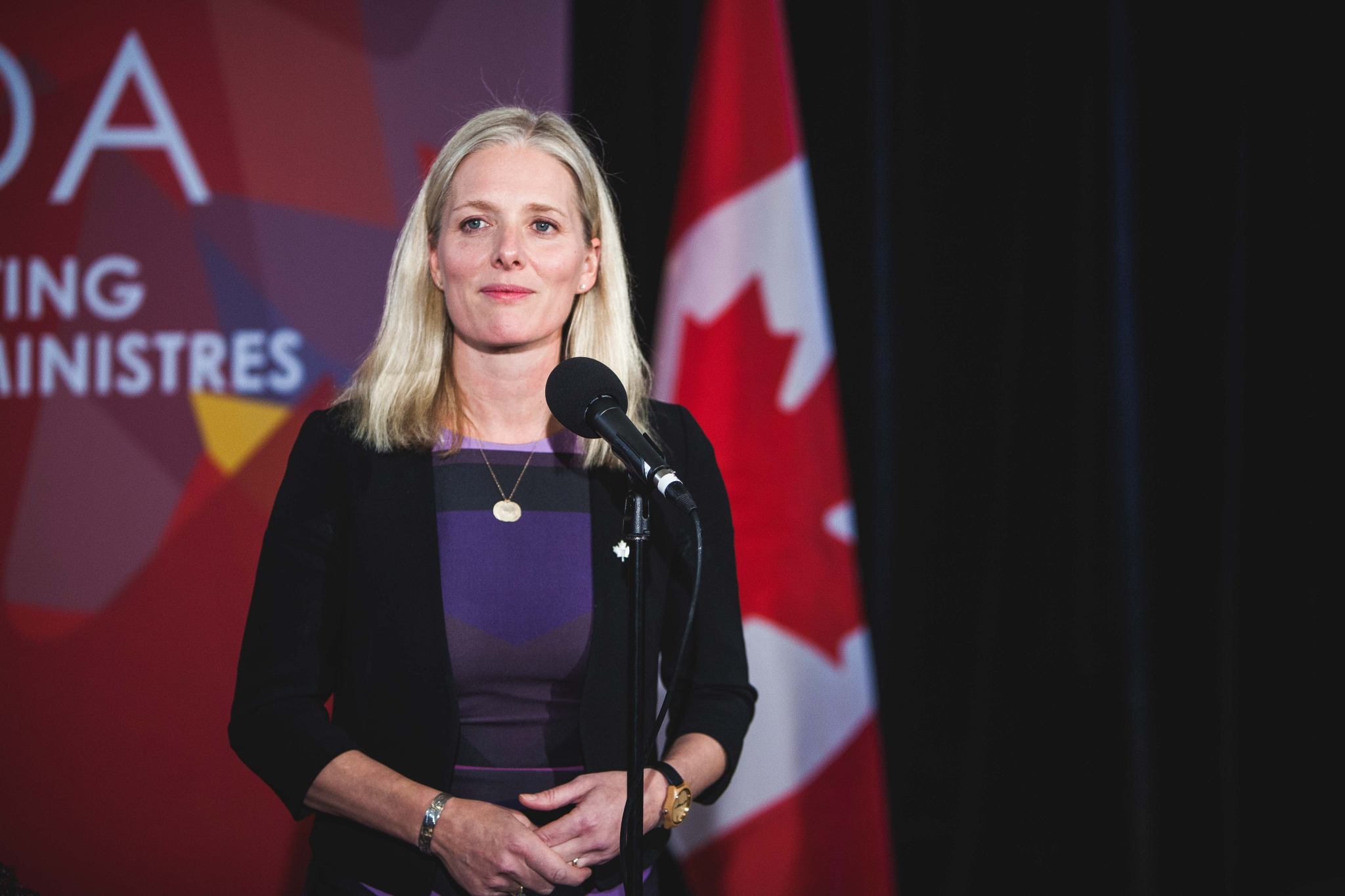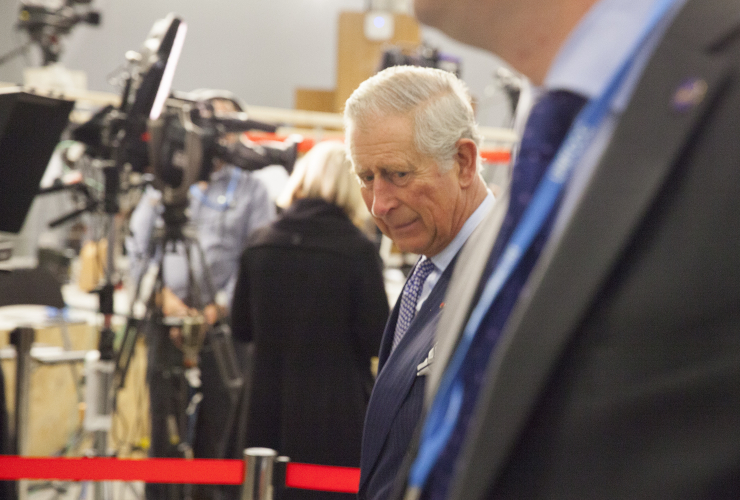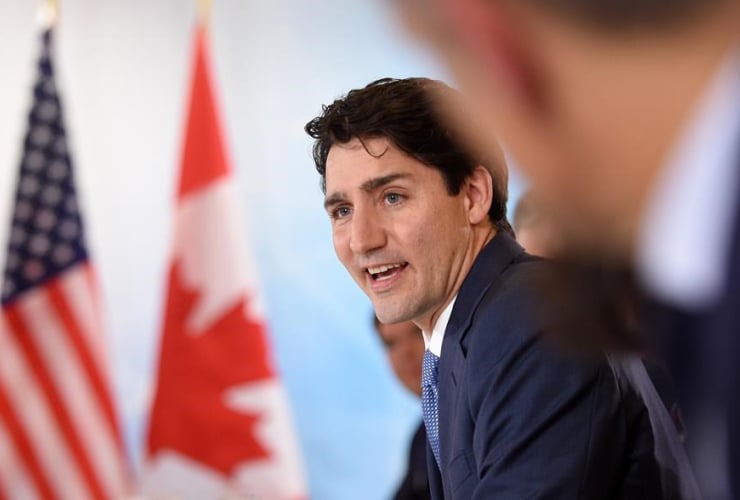In a week when both the U.S. and Russia moved away from action on global warming, Canada has stepped up to host a major gathering of the world's top climate scientists.
Canada will host the 46th session of the Intergovernmental Panel on Climate Change (IPCC) in Montreal from Sept. 3 to 9, Environment and Climate Change Canada announced late Friday.
The IPCC, set up in 1988, serves as an expert source for the UN conferences that help determine international environmental treaties like the Paris climate change agreements. It shared a Nobel Peace Prize with former U.S. vice-president Al Gore for raising awareness about the issue in 2007.
The panel, expected to draw scientists from 195 countries, issues periodic assessment reports that review the latest climate science. It’s the first time since 2005 that Canada has hosted an IPCC meeting, the department stated in a press release.

The news about the upcoming IPCC conference follows an announcement that U.S. President Donald Trump was planning to cancel measures to curb the heat-trapping pollution that contributes to climate change.
Meanwhile President Vladimir Putin of Russia, another IPCC member, said Thursday, without any evidence, that global warming was not being caused by humans and that it would be beneficial in the Arctic.
Canadian Environment Minister Catherine McKenna followed that news by taking to Twitter to celebrate Canada being named the host of the IPCC gathering.
"Canada is proud to host #ClimateChange research scientists from around the world at the next @IPCC_CH," McKenna wrote on Twitter, also noting that the meeting was occuring during Canada's 150th anniversary.
McKenna also added in a statement: “Advancing our understanding of climate change is essential, and we recognize that it requires collaboration with scientific experts from around the world.”
It wasn't immediately clear if there were any links between the timing of McKenna's statements and the events in the U.S. and Russia this week.
Canada has been under international pressure to support the Paris agreements and defend a robust response to combating greenhouse gas emissions, especially after Trump of the United States, an IPCC member, expressed doubts about climate science.
Putin's comments contradicted what he had told the Paris summit on climate change in 2015 when he said that the quality of life of everyone on Earth depends on solving the climate change problem.
Scientists and governments from around the world have agreed that Russia and Canada are warming faster than the rest of the planet. They also say that human activity is a major cause of climate change observed in recent decades.





Comments